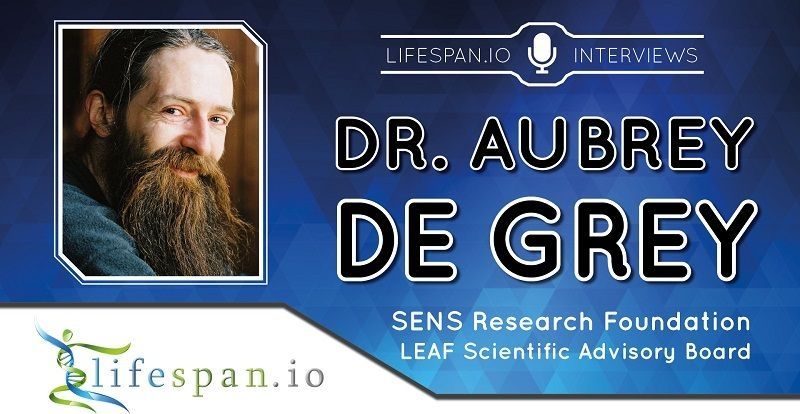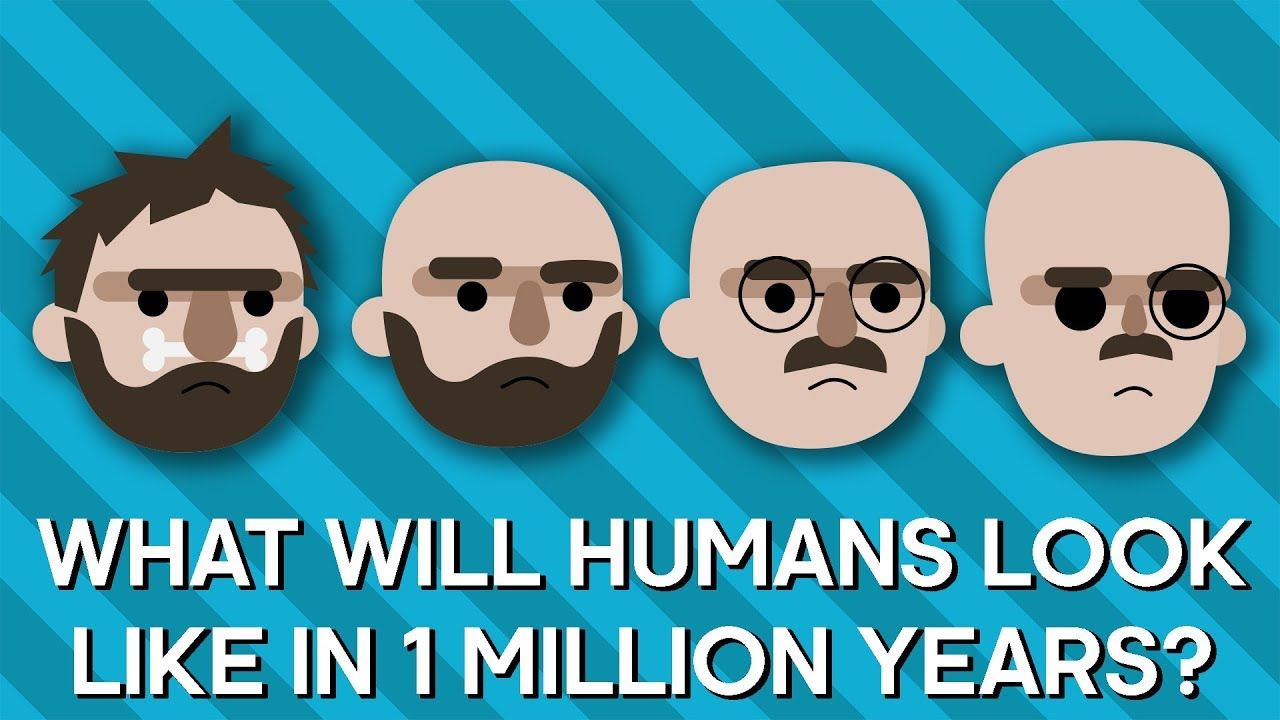Life extension would give us more time to enjoy; why not?
At times, meeting people feels like going to the theater. Conversations tend to revolve around the same topics and can sound so cliché that they seem scripted. Of course, it depends on the people—close friends tend to be far more genuine than that—but if you pay attention during a conversation, a certain topic will pop up several times: aging.
Depending on the age of the people involved, the way they discuss aging will be different. Teenagers probably won’t even touch the subject; it generally starts creeping up in conversations once working life has begun or is about to begin. At this stage, chronological and biological aging are mostly conflated; responsibilities, more demanding schedules, and abandoning student life are all seen as hallmarks of growing older, when, in fact, they are only signs of growing up and are not absolute.
Still, it is largely true that we become more busy as we get older, independent of biological aging. This is, in fact, a common complaint that subtly slips into most “grown-up conversations”; this is especially true in the case of parents, whose free time is understandably even more curtailed. Wouldn’t we all like to have more time?






